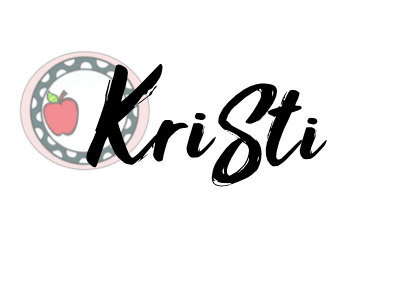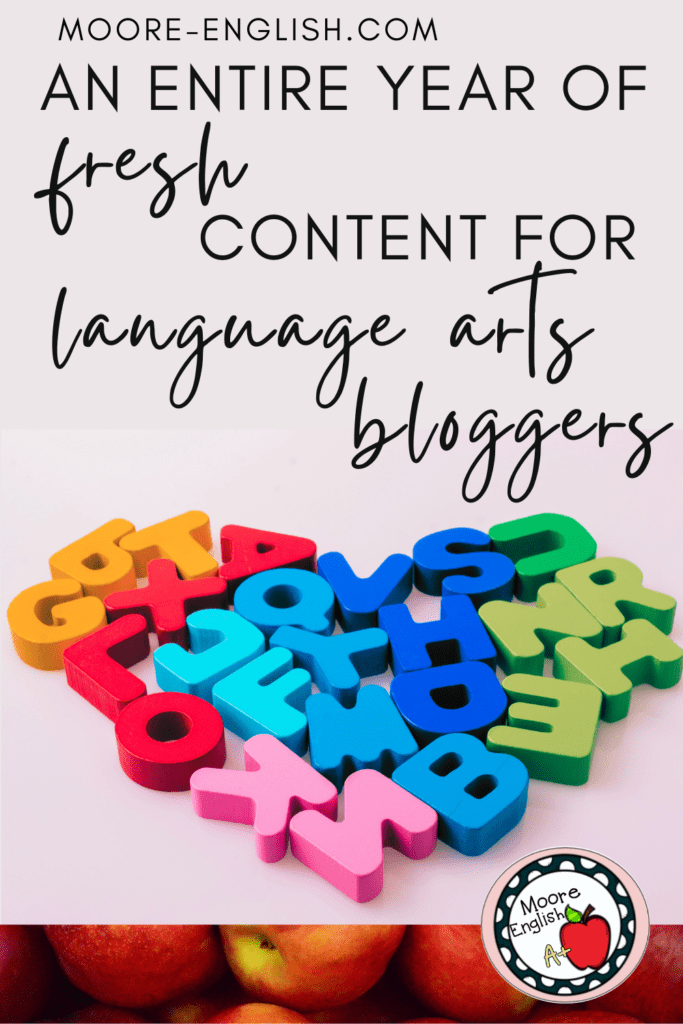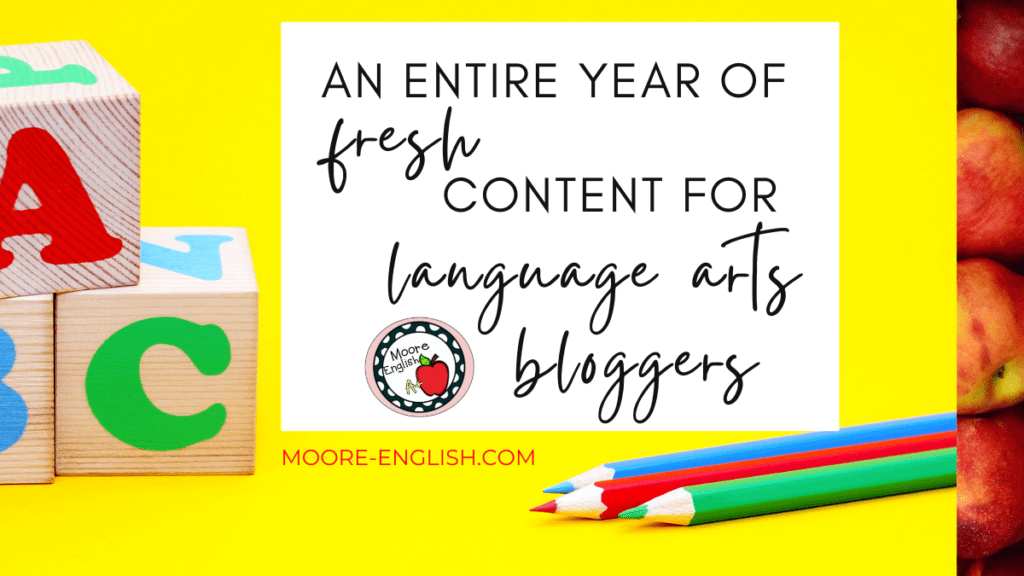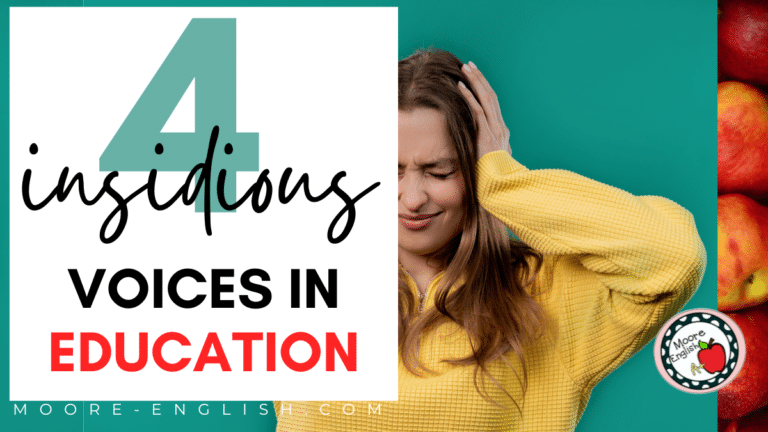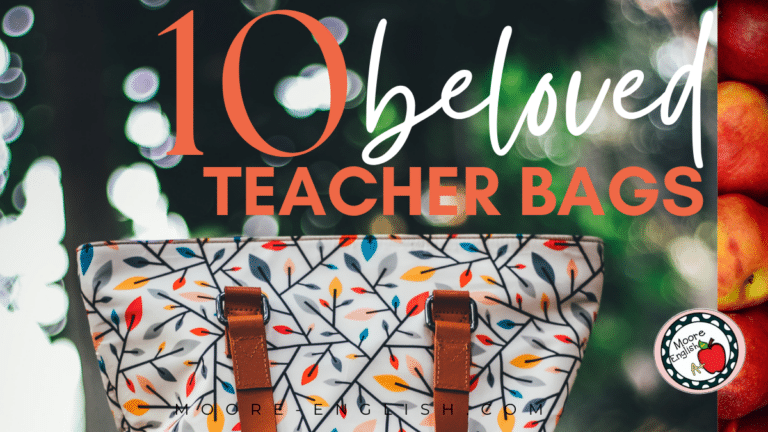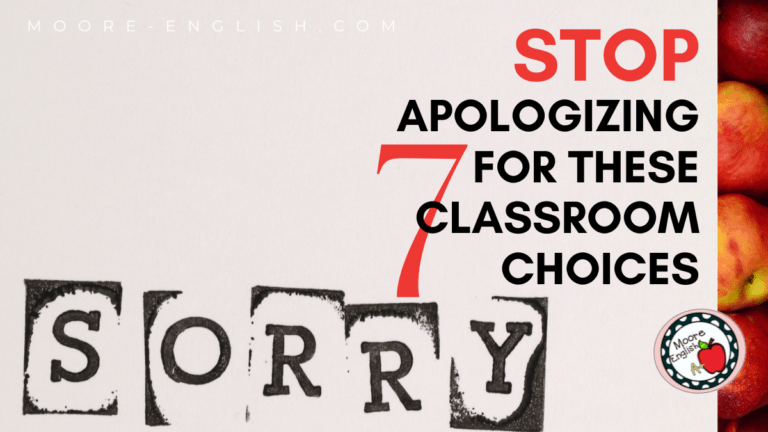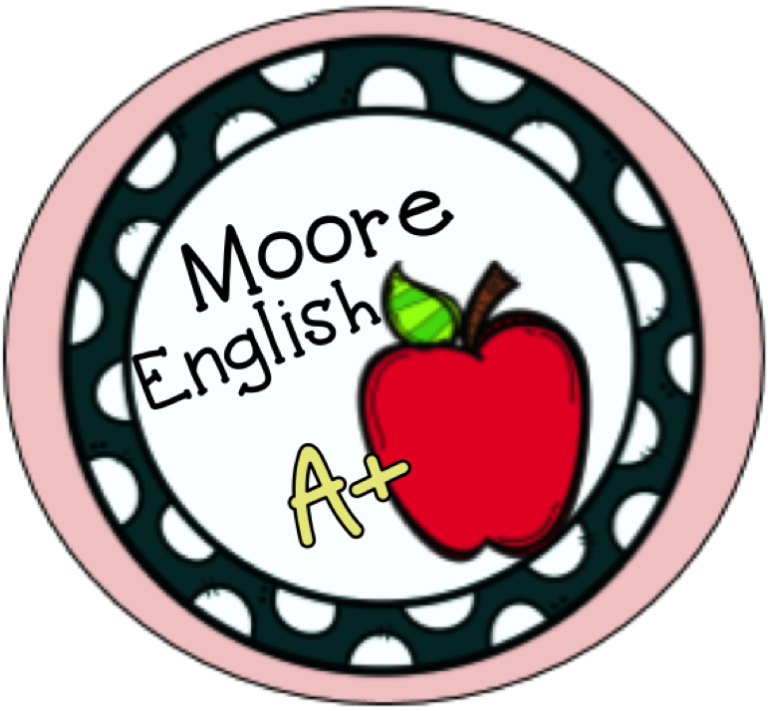Language arts bloggers are a special subset of teacherpreneurs. Regardless of student age, ELA skills are essential for success. Teaching algebra? Students still need reading comprehension skills. Teaching science? Students still need vocabulary skills. Teaching social studies? Students still need to be able to write analytically.
In other words, language arts touches every other content area. For this reason, language arts bloggers have incredible opportunities. When I search for inspiration and ideas specific to this niche, it’s hard to find relevant suggestions. There’s plenty out there for health, lifestyle, and family bloggers, but there’s not enough inspiration for teacherpreneurs. With that in mind, today I want to share ideas and inspiration for language arts bloggers.
This post this post may contain affiliate links. Please read the Terms of Use.
Reading Prompts for Language Arts Bloggers
Firstly, we have to start with reading! Of course, reading is at the heart of everything we do in the ELA classroom, so it makes sense that this would be a rich topic for language arts bloggers!
- What’s your opinion of reading quizzes?
- Who’re some of your favorite YA authors?
- What’re your thoughts on the literary canon?
- What are the challenges of teaching reading?
- What are the best interventions for struggling readers?
- Which classroom texts hold a special place in your heart?
- Does guided reading belong in secondary language arts?
- How much choice do you have about what texts to teach?
- Should secondary teachers also incorporate literary criticism?
- What strategies do you use to organize your classroom library?
- What does it look like when students are reading on grade level?
- Which titles should every teacher include in their classroom library?
- What role does close reading and annotation play in your classroom?
- In what ways do you hold students accountable for independent reading?
- In what ways can ELA teachers partner with librarians to promote literacy?
- At what point, if ever, does a text become inappropriate for the classroom?
- What professional development texts have impacted how you teach reading?
- What reading strategies from elementary should carry over into secondary ELA?
- Where do you find new, relevant texts to incorporate in your language arts plans?
- When and how do you audit the texts you teach and that are in your classroom library?
- When students and families question or challenge a classroom text, how do you respond?
- What is the best way to respond to being asked to teach a text you do not find appropriate?
- How can teachers work to incorporate contemporary, living, and diverse writers in their class?
How do you…
- assess reading?
- reach reluctant readers?
- choose literature for your classroom?
- balance literary and informational texts?
- incorporate voice and choice into student reading?
- balance whole class novels with individual reading?
- incorporate the 5 Pillars of Literacy into your reading lesson plans?
Poetry
Poetry is one of my favorite things to teach! In fact, teaching poetry is kind of my teaching superpower! However, not everyone shares my love of poetry, so this is a great topic for language arts bloggers!
- How do you scaffold poetry instruction?
- What are the benefits of teaching poetry?
- How do you combat student aversion to poetry?
- If you could leave poetry out of ELA, would you?
- How do you make poetry accessible for students?
- Do you prefer to teach traditional verse or free verse?
- How do you incorporate slam and spoken word poetry?
- What poetry anthologies are best suited for the classroom?
- Who are your favorite living poets to incorporate in instruction?
- How can non-ELA teachers incorporate poetry into their instruction?
- Which poetry pairings do you find particularly meaningful for students?
- Do you teach poetry as a separate unit or incorporate poetry into other units?
- When and how do you encourage students to write and share their own poetry?
- What advice do you have for teachers who do not enjoy poetry but have to teach it?
- Do you teach meter with poetry, and do you think high school is a place for teaching meter?
Figurative Language and Literary Devices
Similarly, figurative language and literary devices are closely related to poetry and reading. Additionally, these are skills and topics touch on so many other areas of being an English teachers. In other words, language arts bloggers are sure to find some inspiration here!
- Do you use mentor sentences?
- What is your favorite way to teach story elements?
- How do you review figurative language and literary devices?
- How do you choose a mentor text for teaching figurative and literary devices?
- What texts do you use to model analyzing figurative language and literary devices?
- How do you scaffold and spiral for teaching figurative language and literary devices?
- What are the best mentor texts for teaching figurative language and literary devices?
- What are some fun ways to help students practice figurative language and literary devices?
- In what ways can teachers incorporate gamification into teaching figurative language and literary devices?
- In what ways can teachers help students understand the connection between figurative language, literary devices, and theme?
What texts are ideal for teaching…
- plot?
- tone?
- irony?
- mood?
- setting?
- conflict?
- rhetoric?
- imagery?
- allusion?
- flashback?
- point of view?
- juxtaposition?
- foreshadowing?
- characterization?
Writing Topics and Prompts
Overall, writing is one of the most challenging subjects we teach in the English classroom. Additionally, writing is a skill that students can always work on regardless of their age. In other words, this is an area with plenty of inspiration for language arts bloggers.
- Does your school have a writing lab?
- What are your tips for using rubrics effectively?
- What are the elements of a successful paragraph?
- Do you incorporate journalism in writing instruction?
- Do you offer any alternatives to the traditional essay?
- How do you recognize successful writing instruction?
- What is the most challenging part of teaching writing?
- How can educational technology help student writers?
- What are your opinions about the five-paragraph essay?
- What strategies can help struggling writers find success?
- How do you help students develop their voices as writers?
- What are the best strategies for assessing student writing?
- How do you emphasize the importance of the writing process?
- What are the secrets to successful and meaningful peer editing?
- What does differentiation look like in regard to writing instruction?
- How do you respond to academic dishonesty when it does occur?
- How do you help students find opportunities to publish their work?
- Do your students participate in any writing contests or competitions?
- How do you emphasize the value of brainstorming and mind mapping?
- What can teachers do to prevent plagiarism and academic dishonesty?
- When do you incorporate creative writing into language arts instruction?
- What strategies can help students revise their work in a meaningful way?
- How can metacognition and self-reflection become part of the writing process?
- How can non-ELA teachers emphasize the importance of writing in their contents?
- What strategies help scaffold the drafting process so it becomes manageable for students?
Vocabulary for Language Arts Bloggers
I have to admit that vocabulary instruction is an area where I always seem to struggle. Just when I get a system working for one group, it stops working for another. In other words, these vocabulary posts are ones I would love to read from language arts bloggers.
- What can language arts teachers learn about vocabulary instruction from teachers in other contents?
- How do you incorporate the study of Greek and Latin root words into your vocabulary instruction?
- How do you help students understand the connection between word choice and tone?
- What professional development texts provide insight into vocabulary instruction?
- When and how do you move between Tier 1, Tier 2, and Tier 3 vocabulary?
- What strategies do you use to help students make strong word choices?
- How does anti-racist pedagogy affect the way you teach vocabulary?
- How do you help students appreciate that usage evolves over time?
- Do you incorporate vocabulary in your bell work or morning work?
- How do you help English language learners develop vocabulary?
- How much discretion do you have to choose vocabulary words?
- What are the best ways to teach domain-specific vocabulary?
- What digital tools help you implement vocabulary instruction?
- How does vocabulary instruction cross content areas?
- What strategies do you use for teaching vocabulary?
- How do you teach students to use context clues?
- What texts do you use to teach connotation?
- How do you choose vocabulary words?
- How do you organize your word wall?
- Do you teach analogies?`
- Do you use a word wall?
Grammar Prompts and Topics
On the other hand, grammar is a place where I feel comfortable in the classroom. Nevertheless, I would love to expand my horizons in this area, so it would be great to read about some of these topics from language arts bloggers.
- What is your favorite way to scaffold and spiral through grammar concepts and instruction?
- Which strategies help students apply their knowledge of grammar to their own writing?
- What are some antiquated or irrelevant grammar rules you teach students to ignore?
- In a digital world, is grammar and spelling instruction still relevant for students?
- Which grammar concepts are the most challenging for students and teachers?
- Which texts provide meaningful mentor texts for teaching grammar concepts?
- How do you connect issues of mechanics and usage to anti-racist teaching?
- What role does grammar instruction play in your bell work or morning work?
- How do you help students understand when formal writing is necessary?
- How do you help students prepare for the English section of the ACT?
- What strategies do you use to engage students in grammar study?
- How can other content areas support grammar instruction?
- Which resources help prepare you for teaching grammar?
- What is the relationship between tone and grammar?
- What digital tools help you to teach grammar?
How do you teach…
- semicolons and colons?
- phrases and clauses?
- sentence structure?
- parts of speech?
- comma rules?
- verbals?
Research and Citation Prompts and Topics
In our world, understanding how to evaluate information and its sources is of vital importance. Furthermore, teaching research and citation applies to language arts bloggers and to science and social studies teachers.
- How do you scaffold research skills?
- What does the research process look like?
- Do you recommend students use Wikipedia?
- In what way are writing skills and research skills related?
- What digital tools help students conduct quality research?
- Do you allow students to use Citation Machine or EasyBib?
- How do you help students determine a source’s credibility?
- How do you incorporate research skills into your instruction?
- What tools do you use to help students create correct citations?
- How do you help students understand the value of correct citations?
- Will you grade a research essay that comes in without a Works Cited?
- What role does close reading and annotation play in teaching research?
- How can teachers incorporate research skills in literature units and novel studies?
- What are your team or department’s expectations in regards to research and citation?
- How can language arts teachers partner with librarians to help students conduct quality research?
Speaking and Listening Ideas for Language Arts Bloggers
Finally, speaking and listening skills connects nicely to all other parts of teaching English. Overall, that means that language arts bloggers can connect speaking and listening skills to all other areas.
- How can teachers incorporate speaking and listening standards in every unit of study?
- How do speaking and listening standards support reading and writing standards?
- Which podcasts or Ted Talks are particularly good for teaching listening skills?
- How do metacognition and self-reflection support speaking and listening?
- What are fun and creative ways to engage speaking and listening skills?
- How can speaking and listening skills support classroom community?
- When and how do you use rubrics with speaking and listening?
- What expectations do you have for student presentations?
- When and how do you incorporate classroom discussion?
- Which digital tools support speaking and listening skills?
- What are your favorite classroom discussion strategies?
- How do you assess listening skills?
Write On Language Arts Bloggers
Overall, I hope these topics help you beat writer’s block. In the comments, let me know which topics you’d like to see me address here on Moore English. Also, if there are subjects you’d like to learn about that aren’t listed here, let me know that, too!
